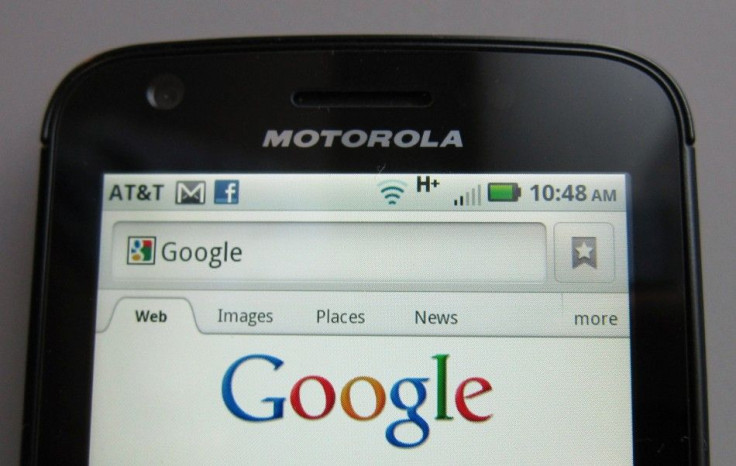Paying Retail: Did Google Overpay for Motorola Mobility?

Legal filings show that Google initially offered to pay as little as $8.4 billion for Motorola Mobility before finally settling for $12.5 billion demanded by financial advisers.
The reason may be that Google wasn't willing to let Motorola's thousands of patents get snapped up by another bidder, documents with the U.S. Securities and Exchange Commission show.
Google's Mobility VP Andy Rubin contacted Motorola Mobility CEO Sanjay Jha in early July after 6,000 wireless patents from defunct Nortel Networks had been bought at auction by a syndicate of Apple, Microsoft, Research in Motion, EMC, Sony and Ericsson.
The syndicate laid out $4.5 billion in the auction. Google, based in Mountain View, Calif., dropped out at $900 million.
But Rubin sought to discuss the possible impact of the purchases, patent lawsuits and the effect on Google's Android OS. When Motorola said it wouldn't sell its patents, Jha said it might be problematic for the company to remain as a stand-alone entity.
Amid all that, Carl Icahn, whose funds own 11 percent of Motorola Mobility, also called Jha to urge seeking alternatives for Motorola's 17,500 patents.
On July 25, a Motorola Mobility board meeting discussed possible strategic transactions. By July 25, Google proposed acquiring the Libertyville, Il.-based company for $30 a share, which was followed by an Aug. 1 letter. That initial offer valued the company at $8.5 billion.
Advised by Qatalyst Partners, the firm managed by tech banker Frank Quattrone, Motorola discussed the offer with Icahn in confidence and then upped demands to $37 a share.
By Aug. 9, Google responded and boosted the price to $40.50 or higher. Motorola's board met, discussed patents and whether to solicit an offer for other potential buyers and ultimately settled on Google's bid after another Icahn conversation and winning a $2.5 billion termination fee.
Over two weeks, the company wrangled more than $4 billion more than Google proposed, not bad considering Google had cash and investments exceeding $39 billion on June 30.
The filings illustrate two key points in Google's own search strategy:
The first is that CEO Larry Page and top management is apparently totally dedicated to the emerging computing world of wireless devices and tablets, unlike the PC world in which Google thrived in its infancy. Seeing the astronomical sums paid in the Nortel Networks round motivated them.
The second is that while Google could probably have won its target for less, it still paid less than the Apple-led syndicate paid. On a per-patent basis, Jefferies analyst Peter Misek determined, the average price was $560,000 compared with $700,000 for the Nortel Networks library.
That's a 20 percent discount.
Google shares closed Wednesday at $532.07, up $2.55, while Motorola Mobility shares closed at $37.75, up 18 cents.
That leaves Motorola Mobility with a market capitalization of $11.2 billion but enterprise value of $8.21 billion, or 52 percent more than Google's offering price.
© Copyright IBTimes 2024. All rights reserved.






















